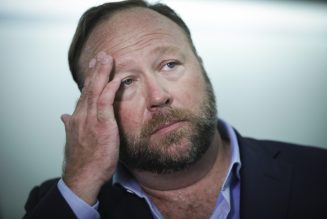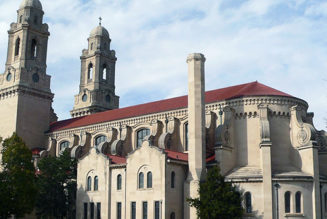By Phil Lawler ( bio – articles – email ) | Jul 28, 2023
After an episcopal ordination some time back, I was sitting at lunch with the newly consecrated bishop, the archbishop who had ordained him, and several other older prelates. The archbishop addressed his young colleague:
Now that you’re a bishop, there are two things you never have to worry about again. You’ll never want for a good meal. And you’ll never hear the truth.
He was joking. Or was he?
Flash forward to this past weekend, when I was having dinner with a priest who had served as aide to an influential prelate. He reminded me of that earlier conversation when he burst out: “Nobody ever tells a bishop the truth!”
His point was that a parish priest is unlikely to tell his bishop, in plain language:
- that the diocesan religious-education program is a waste of time—or worse, a source of scandal—and the young people who are coming forward for Confirmation know nothing about their faith;
- that the pastor in a neighboring parish is teaching arrant heresy, or indulging in gross liturgical abuses;
- that priests are afraid to preach unpopular truths (about marriage, particularly), because they know that they would offend some parishioners—who would then switch their allegiance to another parish where “never is heard a discouraging word;”
- that the morale among priests is lousy, because they fear that if they are accused of misconduct, the bishop will not defend them, or even give them an opportunity to defend themselves;
- that the bishop’s political instincts are poor, and elected officials routinely take advantage of him;
- that priests out in the parishes groan whenever they receive another message from the chancery, and consider the diocesan bureaucracy a hindrance to their pastoral work.
Was my friend wrong? Do bishops hear the truth from their own priests?
One more past conversation comes to mind. On one occasion, years ago, I told my bishop that I would no longer be attending the Sunday liturgy at my geographical parish, because the abuses were so flagrant that I wondered if it was a valid Mass. His response was revealing. Stretching out his arms, palms up, he said: “Phil, they never do anything wrong when I’m there.”
Of course not. The powers-that-be at that parish were proud of their avant-garde liturgy. But when the archbishop came to town, they toned it down—so that he would not know the truth.
The fundamental point here is that, for a variety of different reasons, priests might be reluctant to be completely honest with their bishops, because candor might put them in the bishop’s doghouse.
And what about lay Catholics? With a few rare exceptions (church employees), we don’t have to worry that an angry bishop will assign us to a run-down parish in the woods, or that his displeasure will diminish our career prospects. We shouldn’t be tempted toward the sin—and yes, it is a sin—of flattery. Yet I wonder how many lay Catholics are candid with their bishops.
(Here I do not mean to include those people who ambush the bishop outside churches before or after liturgical ceremonies, and hold him hostage, airing their complaints, until an aide hustles the bishop away. Those unpleasant encounters probably decrease the bishop’s sympathy for whatever viewpoint those folks are trying to get across; they damage their own cause.)
Then again, when lay Catholics try to “do things the right way,” and make an appointment to speak with their bishop, they might run into gatekeepers who are determined not to allow any frank criticism of diocesan policy or personnel. Too often I have heard of—and experienced myself—situations in which a lay Catholic had to negotiate with a priest-secretary about what he would or would not say to the bishop—and then, when the audience was finally granted, the priest-secretary was on hand, ready to steer the conversation away from any unpleasantness.
Nevertheless, when an appropriate opportunity does arise, do loyal Catholics speak up honestly? When the bishop speaks to the local pro-life group, and gives a rip-roaring condemnation of abortion, do the activists applaud him for his courage, or do they gently suggest that he might say something about the issue to an audience that will not applaud? When he hosts a dinner for major donors, will they press him to fix the long-term financial problems of the diocese by increasing the number of practicing Catholics—that is, by evangelization—rather than by closing parishes?
Finally, when a straight-shooting Catholic does slip through the defenses, and tells inconvenient truths, does the bishop listen? In closing let me recall one more conversation that I had as a young man, with a politician who had served two successful terms as the mayor of a major city. He gave me this valuable advice:
Find a good friend, who is not in your line of work, and cannot benefit personally by flattering you. Talk to him often. But listen to him more often.
Sound Off! CatholicCulture.org supporters weigh in.
All comments are moderated. To lighten our editing burden, only current donors are allowed to Sound Off. If you are a current donor, log in to see the comment form; otherwise please support our work, and Sound Off!










